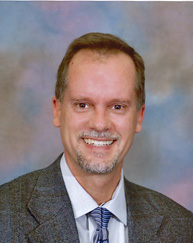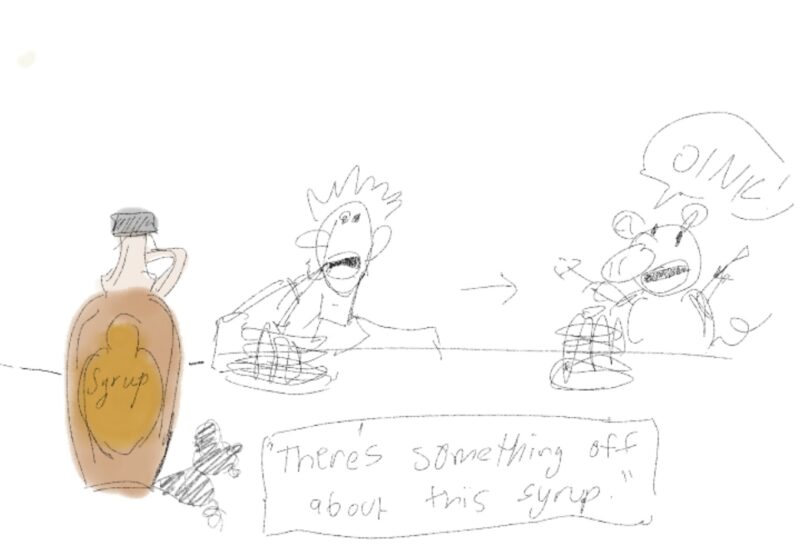
Courtesy of rochester.edu
Physics Professor Steven Manly has taught at UR since 1998. A graduate of Columbia University, Manly studies high energy, nuclear and gravitational physics, and has published several books, including the recent “Visions of the Multiverse.”
In addition to his work in physics, Manly is the head of the Office of Undergraduate Research, which runs the annual Undergraduate Research Exposition and organizes trips to conferences. He has also been instrumental in his work with the workshop model of science education.
How did you become interested in conducting physics research as an undergraduate?
I grew to have an intense interest in science starting in around the fifth grade. At least that’s when I noticed it. I’m somewhat sorry to say that I was the prototypical awkward science nerd throughout middle and high school.
I recognized that physics dealt with some of the topics that interested me, such as the nature of matter, cosmology and the life cycle of stars. However, I enjoyed chemistry and other things as well. In the summer between my sophomore and junior years in college, I had a great undergraduate research experience in chemistry.
In between my junior and senior years, I did the same in physics. At that point I realized that it was the questions asked by the physicists that really fascinated me and it was then that I decided to attend graduate school in physics.
Why did you decide to continue on to graduate school and academia?
I was fascinated by the things being discussed and discovered about forces and the nature of matter. I thought that I could best help others by conducting fundamental [research and development] that might help us understand the universe better and perhaps eventually lead to new technologies.
I entered academics so that I could have the freedom to pursue questions of interest to me without the market constraints encountered by most businesses. Teaching is a necessary part of an academic career, but it was not why I entered academics.
It was only after I learned to try new things while teaching, as opposed to doing what was done [to] me, that I discovered real joy in teaching. Thank you, Jack Kampmeier.
How did you become involved with UR’s Office of Undergraduate Research?
Dean [of the College Richard] Feldman asked me to take on the task of being the director of undergraduate research. I have always understood the value of undergraduate research and have taken great joy in many of the undergraduates who have worked with me in research in the past.
Still, I was reluctant to take on a responsibility that was certain to interfere with my research and teaching tasks. But after thinking about it and coming up with a number of ideas for things I wanted to try to do with the job, I agreed to do it. No regrets. I think it is an area important to the University and I’m happy to help that effort along if I can.
You travel often for your work. What are your favorite and least favorite places you’ve visited for academic conferences?
I enjoy seeing new places. Europe is always fun. In recent years, I have made trips to China, India and Chile and enjoyed each tremendously. If the meeting is near a place with a beach or skiing, odds are I’ll have fun.
As for my least favorite place, what comes to mind is a meeting I had to attend at a hotel at Newark Airport once. That was a thrill, let me tell you!
If you could teach another subject, what would it be and why?
I think of teaching as a great way to learn new things. The sad truth is that there are a great many areas where I’d love to learn more: photography, geology, [brain and cognitive sciences], archeology, climate science, astronomy and [more]. It’d be fun to go around again and again and try a new career each time.
Do you have a favorite physicist?
Not really. I live in awe of many of the great ones, living and dead.
Gorman, Jr. is a member of the class of 2014.





